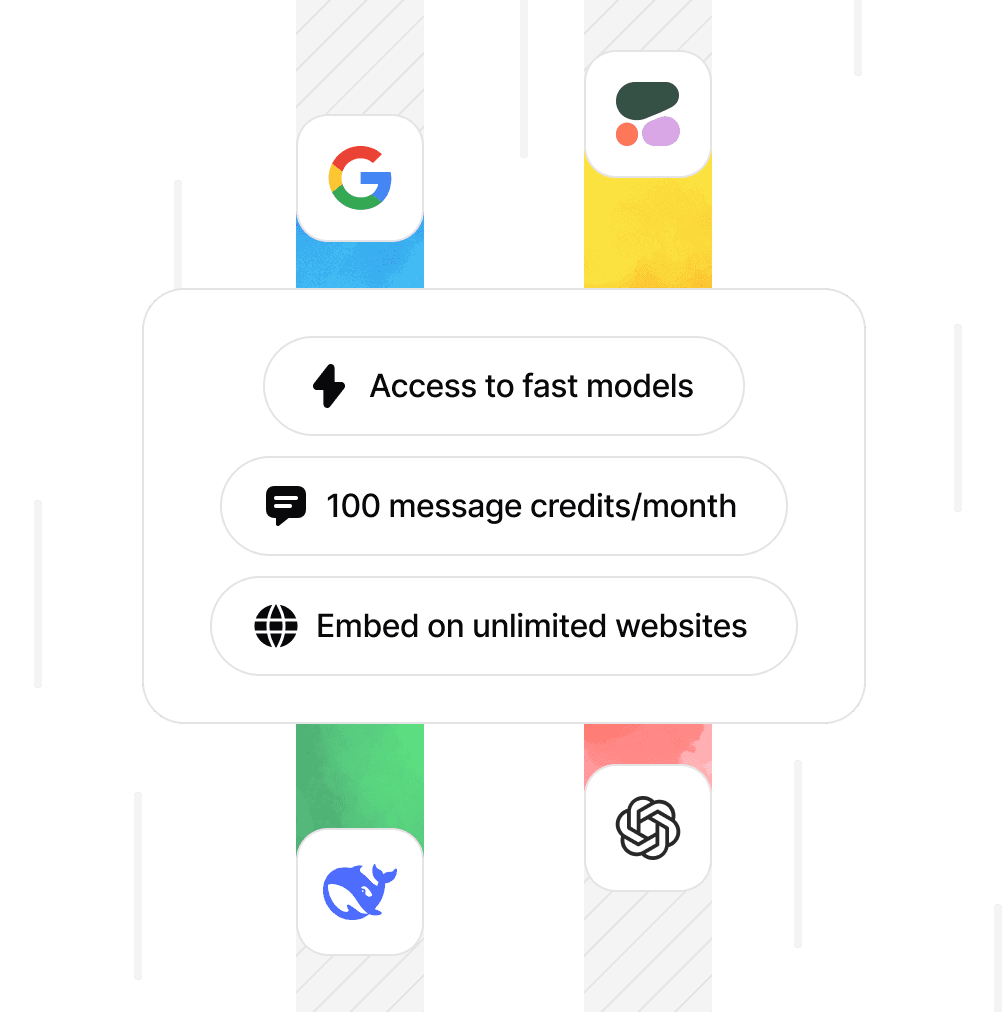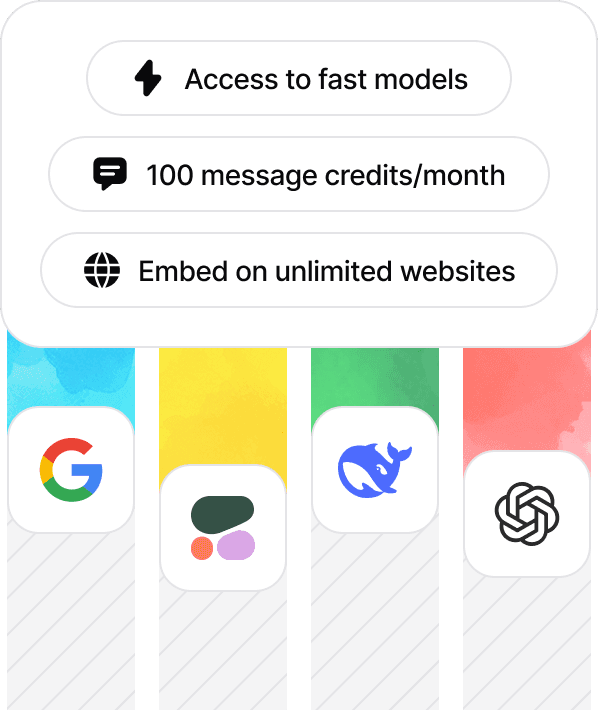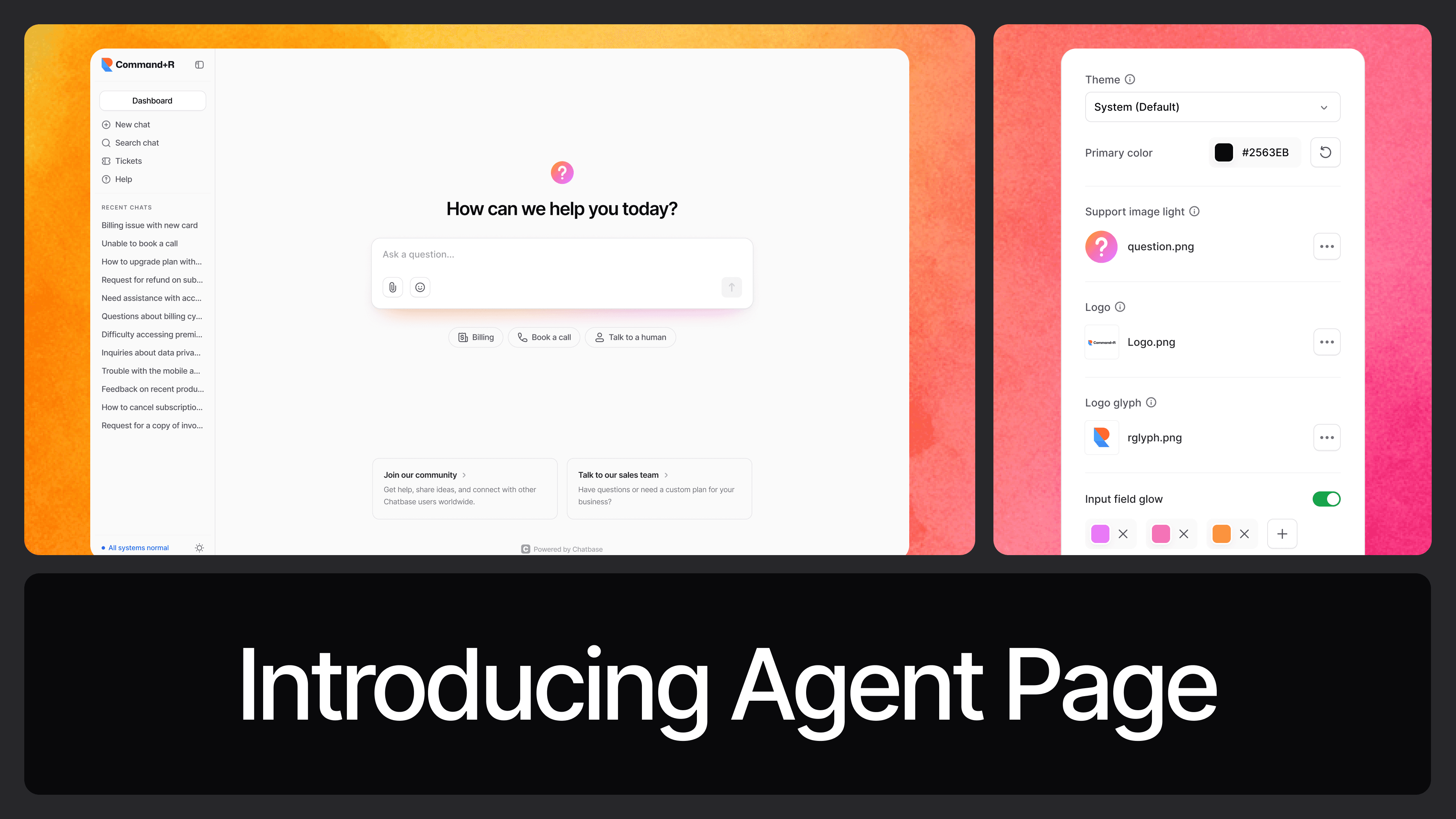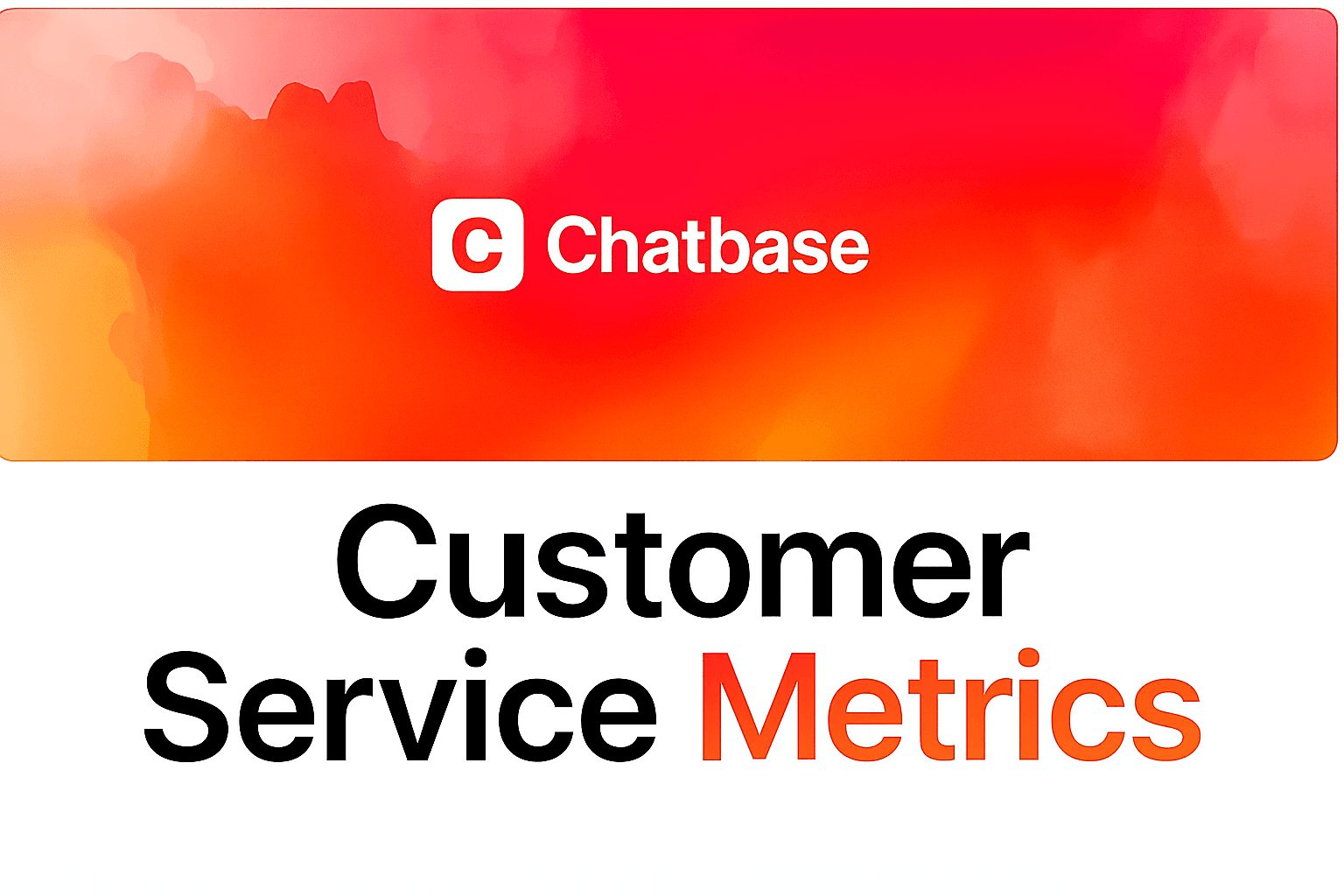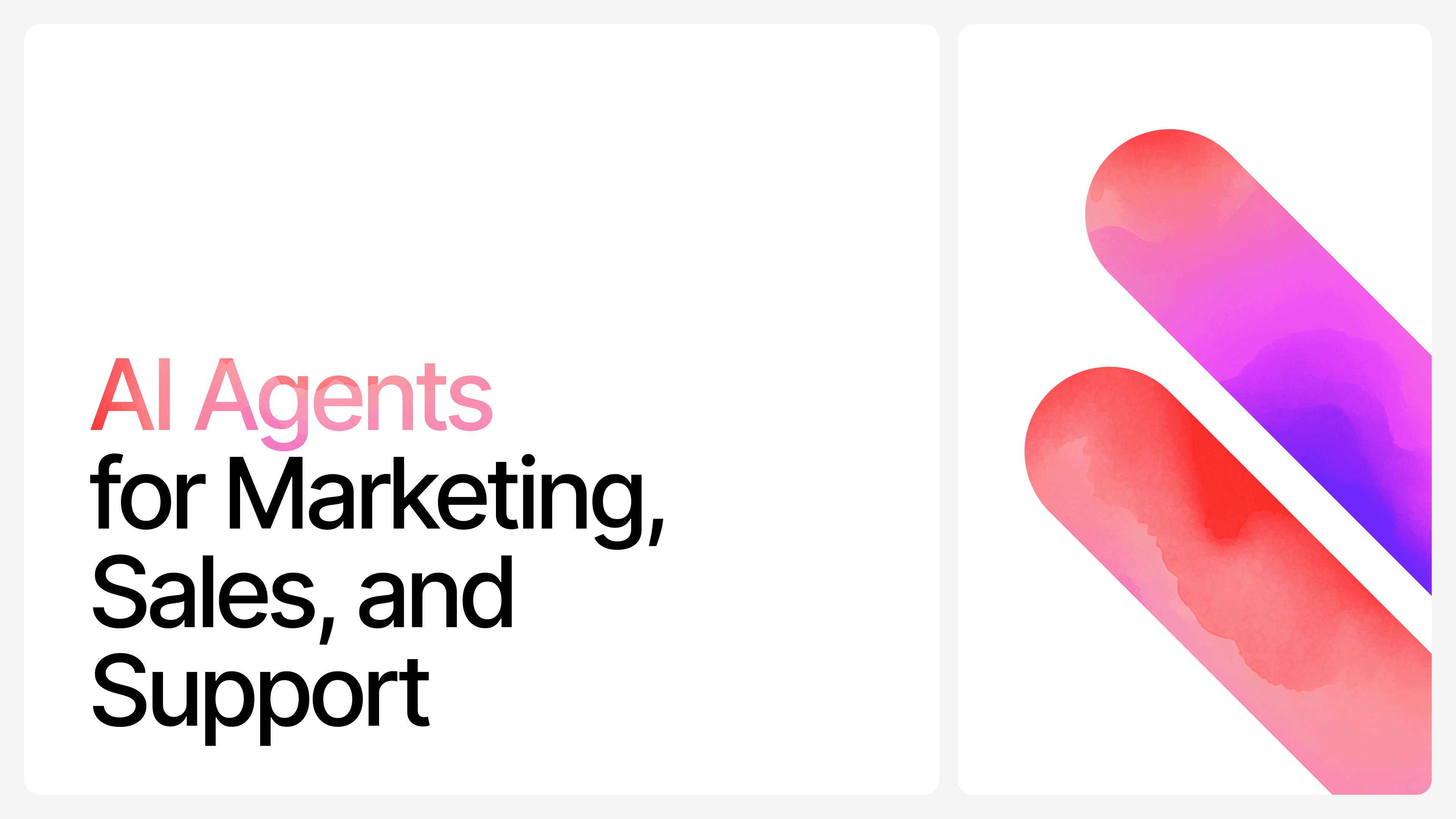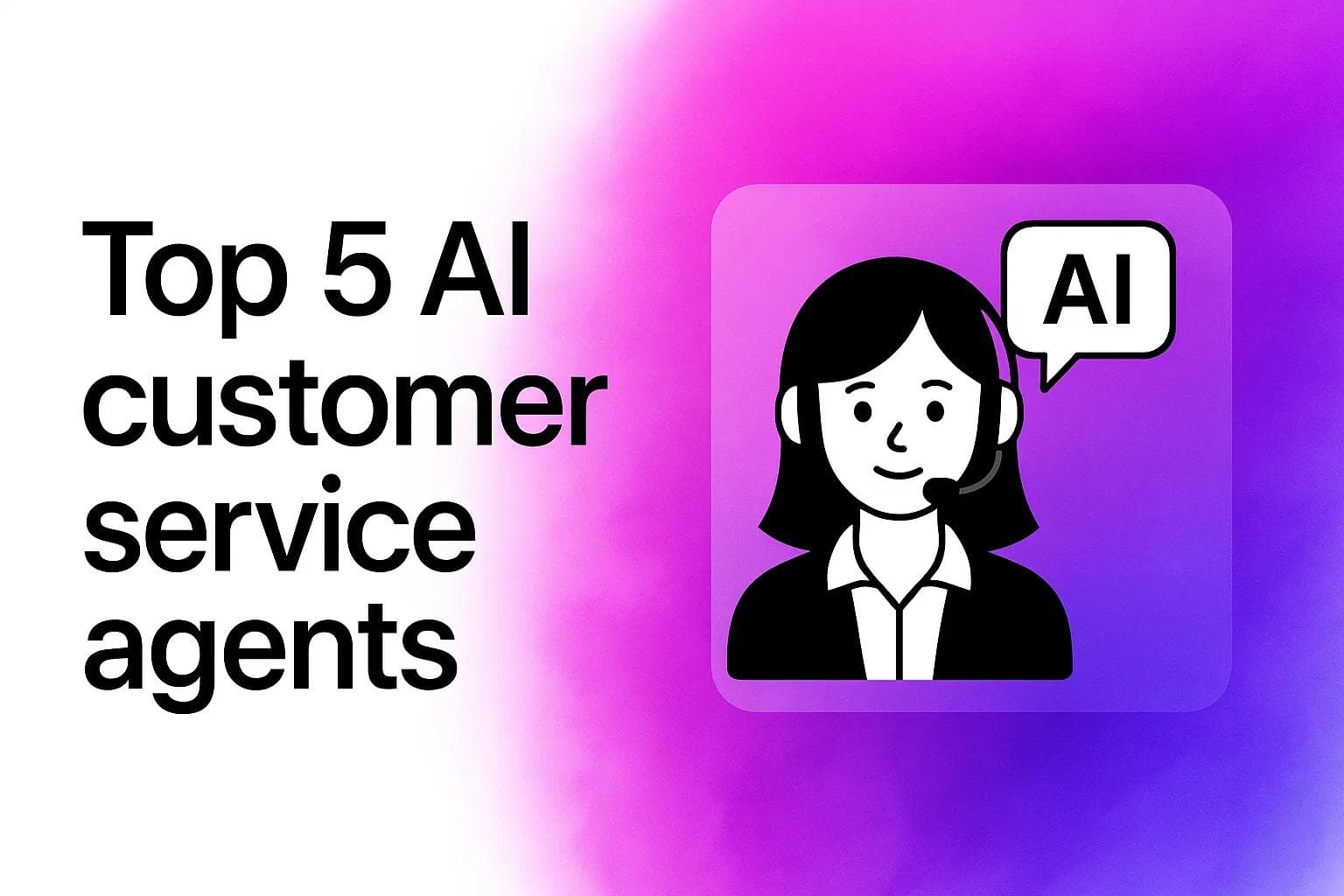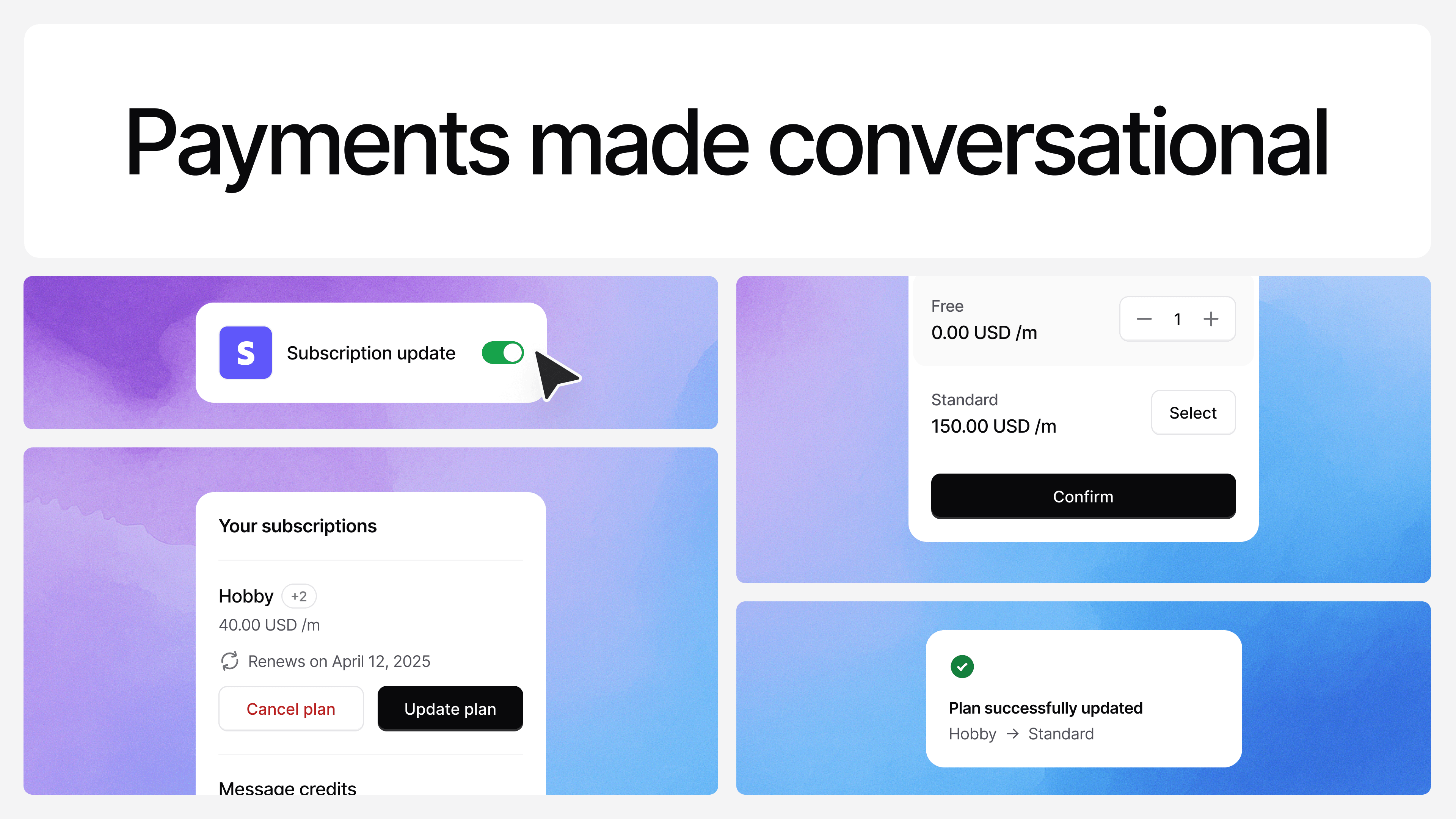What is an AI Agent and What Can You Do With It?
Max T
Aug 22, 2024
13 min read
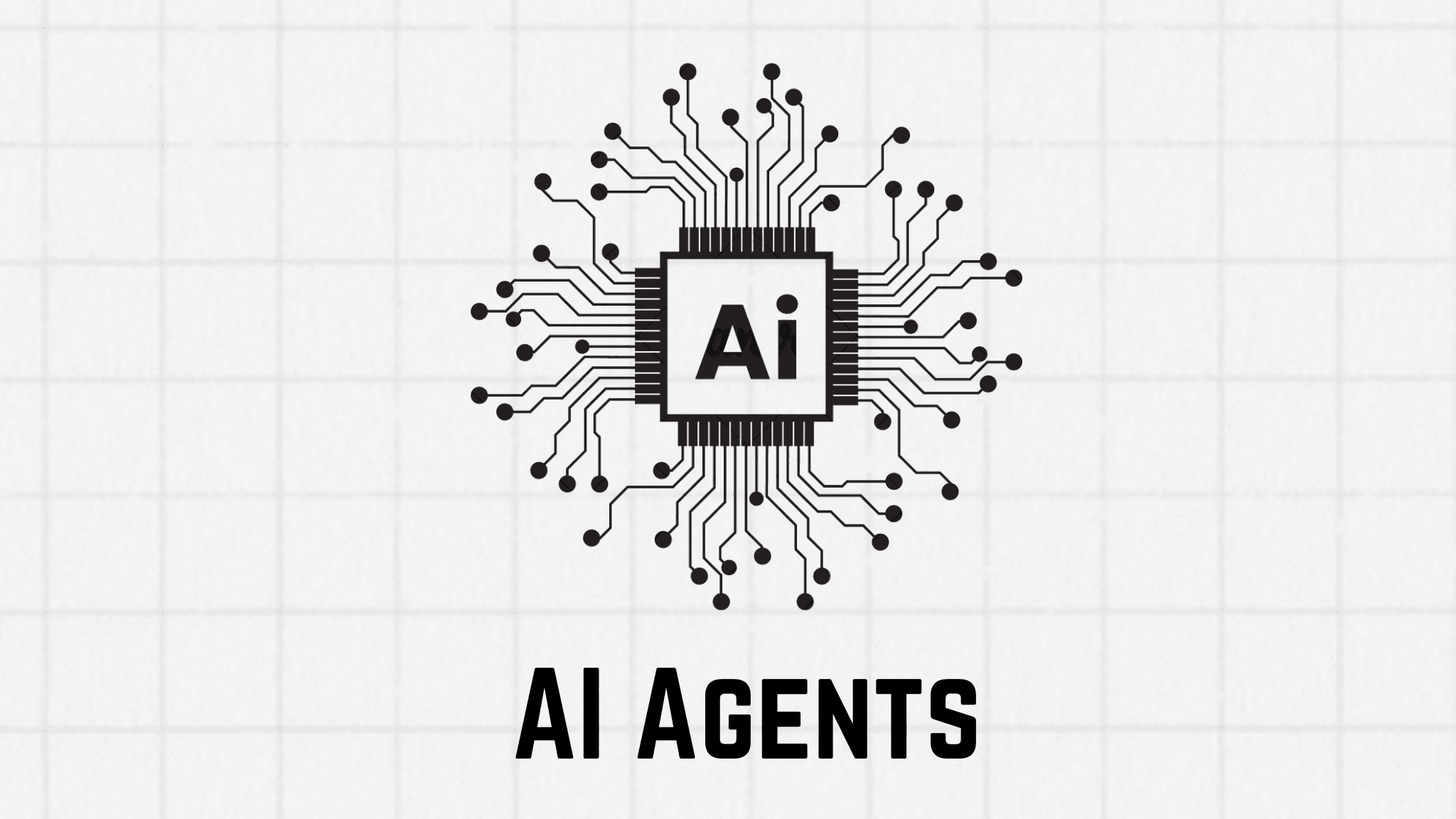
You have a birthday to plan, and you want everything to go smoothly and efficiently. Naturally, you consider using an AI tool to help you out.
The most obvious choice? ChatGPT. You open the app and type, "Help me plan a birthday party for a 6-year-old girl." In seconds, ChatGPT generates a comprehensive list of everything you need to consider—venue, decorations, games, gifts—it even suggests the perfect presents for a 6-year-old.
You then prompt ChatGPT for more details on birthday themes and fun activities, and it delivers, providing creative and engaging ideas. Impressive, right? But here’s the catch: while ChatGPT excels at offering advice, it can’t take any actual steps to bring your plan to life.
Imagine if, instead of merely suggesting you buy 10 cardboards for decorations, 6 cartons of juice, a pack of balloons, and Lego sets, the AI could actually purchase these items for you. What if, with your approval, the AI could search for the best birthday gifts, compare prices, and make the purchase? This is where AI agents come into play.
What Is an AI Agent?
An AI agent is an advanced form of artificial intelligence that doesn’t just offer advice—it takes action. Built to operate autonomously, AI agents can make decisions and carry out tasks on your behalf based on the goals and permissions you set. Unlike traditional AI tools that need you to guide them step by step, AI agents are designed to work independently, handling entire processes from start to finish.
Think of an AI agent as a personal assistant that not only tells you what needs to be done but also goes ahead and does it. Whether it’s scheduling appointments, making purchases, or managing complex projects, an AI agent has the capability to execute tasks without requiring constant input from you.
How Is an AI Agent Different from AI Chatbots?
The key distinction between AI agents and AI chatbots lies in their level of autonomy. AI chatbots like ChatGPT, Claude AI, or Gemini are excellent at providing information, generating ideas, and answering questions based on your prompts. However, they are limited to just that—responding to your inputs. They can’t perform actions in the real world.
AI agents, on the other hand, are designed to go beyond just conversation. They can act on the suggestions they provide. For example, while a chatbot might recommend you buy decorations and gifts for a party, an AI agent could actually place those orders for you, all within the constraints you’ve set. It can make decisions, execute transactions, and manage tasks, all with minimal intervention from you.
In short, while AI chatbots are powerful tools for generating solutions, AI agents are the next step—they don’t just provide ideas; they bring them to life.
How AI Agents Work
AI agents are more than just gimmicks—they represent a significant leap in how we interact with AI, driven by the concept of autonomy. Unlike traditional AI chatbots that require constant input from a human agent, AI agents possess the ability to act independently, continuously self-prompting their way through tasks to achieve a specific goal. The emphasis here is on “self-prompting.”
At the heart of an AI agent’s operation is its autonomy. When you give an AI agent a task, it doesn’t wait for you to guide it through each step. Instead, it takes the initiative, breaking down the task into smaller, manageable components and then prompting itself to move from one step to the next. This self-prompting capability allows various types of AI agents to tackle complex problems, adapting their approach as they go, much like a human would.
For example, imagine you assign an AI agent to plan a marketing campaign. Instead of just providing a list of steps, the AI agent starts by outlining the big picture. Then, without needing further instructions, it dives into each element: researching the target audience, developing creative strategies, scheduling social media posts, and even generating content. Throughout this process, the AI agent doesn’t stop to ask, “What next?” It knows the goal and keeps pushing forward, prompting itself at every juncture until the task is complete.
This autonomy replaces the need for a human agent in many operations. Traditionally, you’d be the one telling an AI what to do at each step, but with AI agents, much of that responsibility shifts to the machine. The AI agent effectively becomes the decision-maker, determining what actions to take and when. It doesn’t just suggest options—it acts on them, executing tasks that would otherwise require your direct involvement. Businesses looking to streamline operations and enhance customer interactions can leverage an AI Voice Agent to automate conversations, handle queries, and improve customer experience efficiently.
What Can You Do With AI Agents?
AI Agent technology is not really there yet. There are a lot of interesting projects in the pipeline that will really make AI Agents the star automation world. Nonetheless, right now, there’s a lot you can still do with it.
Now, take a moment to replace the birthday planning tasks we discussed earlier with anything else you can imagine.
For instance, imagine you need to conduct market research on a new product for a specific region. You could instruct your AI agent to handle this, and it would return with a detailed report, complete with documents, spreadsheets, and presentation slides everything you need, neatly organized.
SEO professionals and content marketers are also tapping into AI SEO agents to automate tedious, high-impact workflows like keyword research, content optimization, internal linking, and even technical site audits. These agents can monitor ranking signals, suggest strategic improvements, and execute SEO tasks on autopilot, freeing up human teams to focus on creative and strategic thinking.
Or perhaps you're planning a product launch. Your AI agent could draft a comprehensive plan, covering every step from strategy to execution. Need to research the Ideal Customer Profile (ICP) for your SaaS product? The AI agent can dig through data, analyze trends, and provide a clear, actionable ICP report.
AI agents aren’t just for big-picture tasks; they excel at handling the small, yet crucial actions that keep everything running smoothly. For example, you could set up an AI agent to manage your email correspondence, giving you some much-needed breathing room.
Imagine telling your AI agent that anytime an email lands in your inbox, it should read it, categorize it, and take specific actions. If an email requires setting up a meeting, your AI agent could automatically arrange it on your behalf. It could even draft responses, and either send them out directly or wait for your approval.
You could also empower your AI agent to handle price negotiations with clients. Set a price range, and let the agent manage back-and-forth emails until an agreement is reached that meets your criteria. All of these tasks, once time-consuming and mentally draining, can be delegated to an AI agent, freeing you up to focus on what really matters. Companies are increasingly turning to ai outsourcing solutions to access sophisticated AI agent capabilities without the overhead of building and maintaining these systems in-house. Similarly, AI in the entertainment industry, can support creators by generating promotional content or analyzing audience feedback allowing teams to stay focused on storytelling while automation handles the repetitive tasks.
Here are some general things you can do with AI agents:
- Automate Repetitive Tasks: Handle routine tasks such as data entry, scheduling, and report generation with minimal human intervention.
- Manage Email Correspondence: Read, categorize, and respond to emails, or manage tasks like setting up meetings and drafting responses.
- Conduct Market Research: Gather and analyze market data, compile reports, and provide insights on trends and opportunities.
- Perform Customer Service: Interact with customers, answer queries, process requests, and handle complaints efficiently.
- Personal Assistants: Schedule appointments, set reminders, manage to-do lists, and make recommendations based on your preferences.
- Execute Financial Transactions: Handle tasks like purchasing items, generating and managing invoices, and negotiating prices within set parameters.
- Content Creation: Generate and edit content for blogs, social media like creating reels, or marketing materials based on guidelines and objectives.
- Lead Generation: Identify potential leads, nurture them through automated communications, and track engagement.
- Process Automation: Streamline business processes by integrating with various tools and systems to automate complex workflows.
- Research and Development: Conduct research, analyze findings, and develop innovative solutions or improvements based on data.
Some AI Agent Examples You Can Try
Here are some AI Agents you can try right now:
- AgentGPT: Create and manage multiple AI agents with an intuitive, ChatGPT-like interface. It offers fast performance but may produce inconsistent results. Includes a developer library for custom solutions.
- AI Agent: Customize your AI assistant by choosing a name, objective, and AI model (GPT-3.5 Turbo or GPT-4). Modify tasks and goals as needed. Advanced tasks may take over 20 minutes, with a visual workflow builder coming soon.
- aomni: Web-crawling AI agent that gathers information on chosen topics. It completes a task list and delivers results via email, requiring at least 15 minutes per task. Free for up to two uses per day.
- Toliman AI: Performs online research and compiles results based on the number of references you set. Provides initial credits for testing, with additional credits available for purchase.
- Spellpage: Manages your to-do lists, assists with research, and offers motivational support to keep you focused.
- Do Anything Machine: Assists with task management and integrates results into Notion, Google Calendar, and other platforms.
- HyperWrite Assistant: A Chrome browser-based AI agent still in early development, with access available via a waitlist.
- AI Tools: A directory and discoverability engine for exploring the best AI tech of today. It helps building the most useful discoverability engine for anyone in the world that is curious about how to effectively use AI to enhance their life.
Create an AI Agent with Chatbase
You see, AI Agents are only as powerful as the AI models that power them. To successfully execute a chain of tasks, you need AI models that deeply understand nuance, context, and complexity. Chatbase harnesses some of the most advanced AI models globally, allowing you to create AI agents capable of driving autonomous actions with precision.
Chatbase's seamless integration with automation tools like Zapier and Make.com expands the potential of your AI agent. When you create an AI agent with Chatbase, you're not just building a chatbot; you're designing a sophisticated digital assistant that can interact with thousands of apps, execute complex workflows, and make real-world decisions on your behalf.
Zapier and Make.com give your Chatbase-powered agent access to a vast ecosystem of tools, enabling it to operate across a broad range of platforms.
Chatbase’s extensible and customizable design allows you to tailor your AI agent to your specific needs. Whether you're developing a personal assistant, a customer service chatbot, or an entirely different AI solution, Chatbase provides the flexibility and power to bring your vision to life.
Ready to create your own AI agent? Start building today with Chatbase—it’s free and designed to empower your automation routines with unparalleled AI capabilities.
Share this article:
